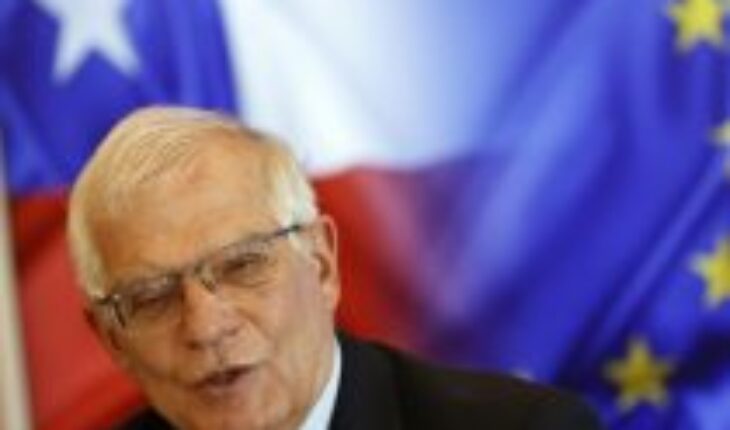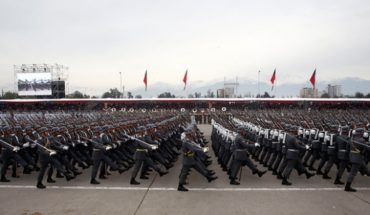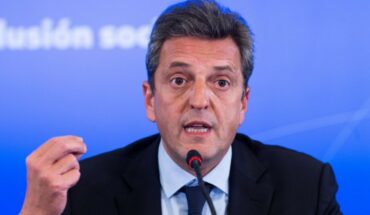The High Representative of the European Union (EU) for Foreign Affairs and Security Policy, Josep Borrell, said on Saturday that Chile is a “very attractive” country for the development of renewable energies for the European Union and the rest of the world.
“The world needs new sources of energy and the development of green hydrogen in Chile is very attractive, also for European companies,” said Borrell, during a visit to the Cerro Dominador solar thermal project in northern Chile.
“Natural conditions and an attractive regulatory framework for foreign investment will boost this country as a clean energy exporter in the region,” he said.
The EU and Chile have “similar goals in the fight against climate change,” added the senior official, who visited Chile as part of a tour of Latin America that will take him to Panama on Sunday.
With a total investment of 1.4 billion dollars, Cerro Dominador, the first Solar Power Concentration Plant (CSP) in Latin America, obtained financing of 15 million euros ($15.8 million) from the LAIF Program of the European Union, in addition to a loan from the KfW Bank of Germany.
The complex as a whole contributes to reducing CO2 emissions by 640,000 tons per year, which is equivalent to taking approximately 300,000 cars off the road in that period, according to information from the Ministry of Energy.
“This innovative technology, unique in Latin America, is a concrete example that renewable energies can work permanently and is the tangible result of the fruits of bilateral cooperation between Chile and the European Union,” added Chilean Energy Minister Claudio Huepe.
In the early days of his visit to Chile, Borrell also referred to the EU’s position on what he called Russia’s latest “aggression,” Putin’s decision to cut off gas supplies to Poland and Bulgaria.
He said that the European bloc refused to impose an embargo on Russian gas or oil, but that the initial rejection “does not mean that it cannot be considered again in view of events.”
He also urged the European Union to transition to green energy, to end dependence on Russian hydrocarbons, which account for 27% of oil, 46% of coal and 40% of gas.
So far, the gas supply cut is the harshest reaction Russia is taking in retaliation for measures imposed by the West to freeze the reserves of the Central Bank of Russia and the disconnection of several Russian banks from the international interbank SWIFT system.
EU representative Josep Borrell assures that Chile is “very attractive” for the transition to renewable energies
April 30, 2022 |





